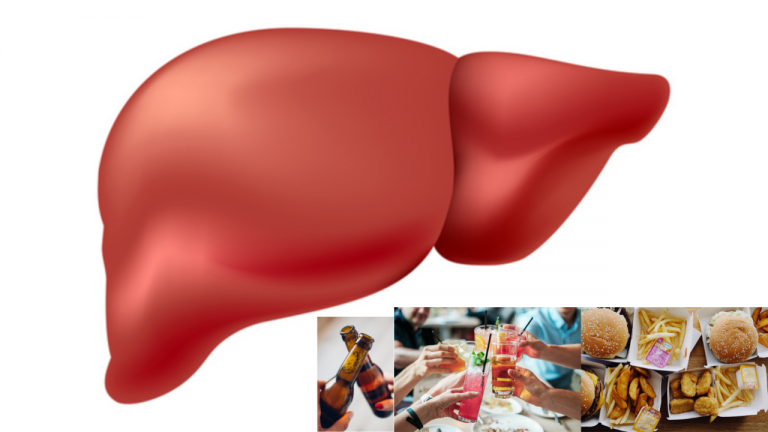What Common, Delicious, Popular Daily Food Items are Dangerous, Poisonous, or Disease-Causing Eaten More Than Once Per Day But is Utterly Irresistible?

While most common and popular food items are safe and healthy when consumed in moderation, there are a few examples of foods that, if eaten excessively or improperly, can potentially pose health risks. It’s important to note that individual tolerance and sensitivity to certain foods may vary, and what may be problematic for one person might not be the same for others. Here are a few examples to consider:
Salt/Sodium-rich foods: High sodium intake, especially when combined with a diet low in potassium, can contribute to hypertension (high blood pressure) and increase the risk of heart disease. Processed and packaged foods, fast food, canned soups, and salty snacks are common sources of excessive sodium. It’s important to monitor and moderate your sodium intake, especially if you have a history of hypertension or other cardiovascular conditions.
Added sugars: Consuming foods and beverages high in added sugars regularly can lead to weight gain, tooth decay, and an increased risk of chronic conditions like obesity, diabetes, and heart disease. Sugary drinks, desserts, candies, and processed foods often contain hidden sugars. It’s advisable to limit your intake of added sugars and opt for healthier alternatives.
Trans fats: Trans fats are artificially produced fats that can raise LDL (bad) cholesterol levels and increase the risk of heart disease. They are commonly found in processed snacks, baked goods, fried foods, and some margarine. It’s recommended to minimize the consumption of trans fats and choose healthier fats, such as monounsaturated and polyunsaturated fats.
Highly processed meats: Regularly consuming processed meats like bacon, sausage, hot dogs, and deli meats has been associated with an increased risk of certain diseases, including colorectal cancer and cardiovascular disease. These meats often contain high levels of sodium, saturated fats, and preservatives. Opting for leaner sources of protein, such as poultry, fish, legumes, and nuts, is generally considered healthier.
Caffeinated beverages: While moderate consumption of caffeine is generally safe for most people, excessive intake can lead to negative effects such as anxiety, sleep disturbances, and digestive issues. It’s important to be mindful of your caffeine consumption and consider any personal sensitivities or health conditions that may require limitations.
Remember, the key is moderation and balance in your overall diet. Enjoying these foods occasionally or in small quantities as part of a varied and balanced diet is usually not problematic. However, if you have specific dietary concerns or health conditions, it’s always advisable to consult with a healthcare professional or a registered dietitian for personalized guidance.



